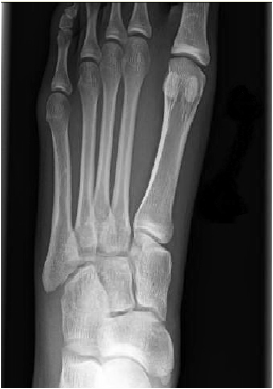Annals of B-Pod: To Cric or Not to Cric?
/In this AirCare case, Dr. Murphy eloquently details his experience in managing something every emergency physician fears - the need for a crash airway in a patient with severe airway injuries. Dr. Murphy discusses both the technical evaluation of a patient for a potential cricothyrotomy as well as his personal thoughts and reflections following the procedure.
Read More


















